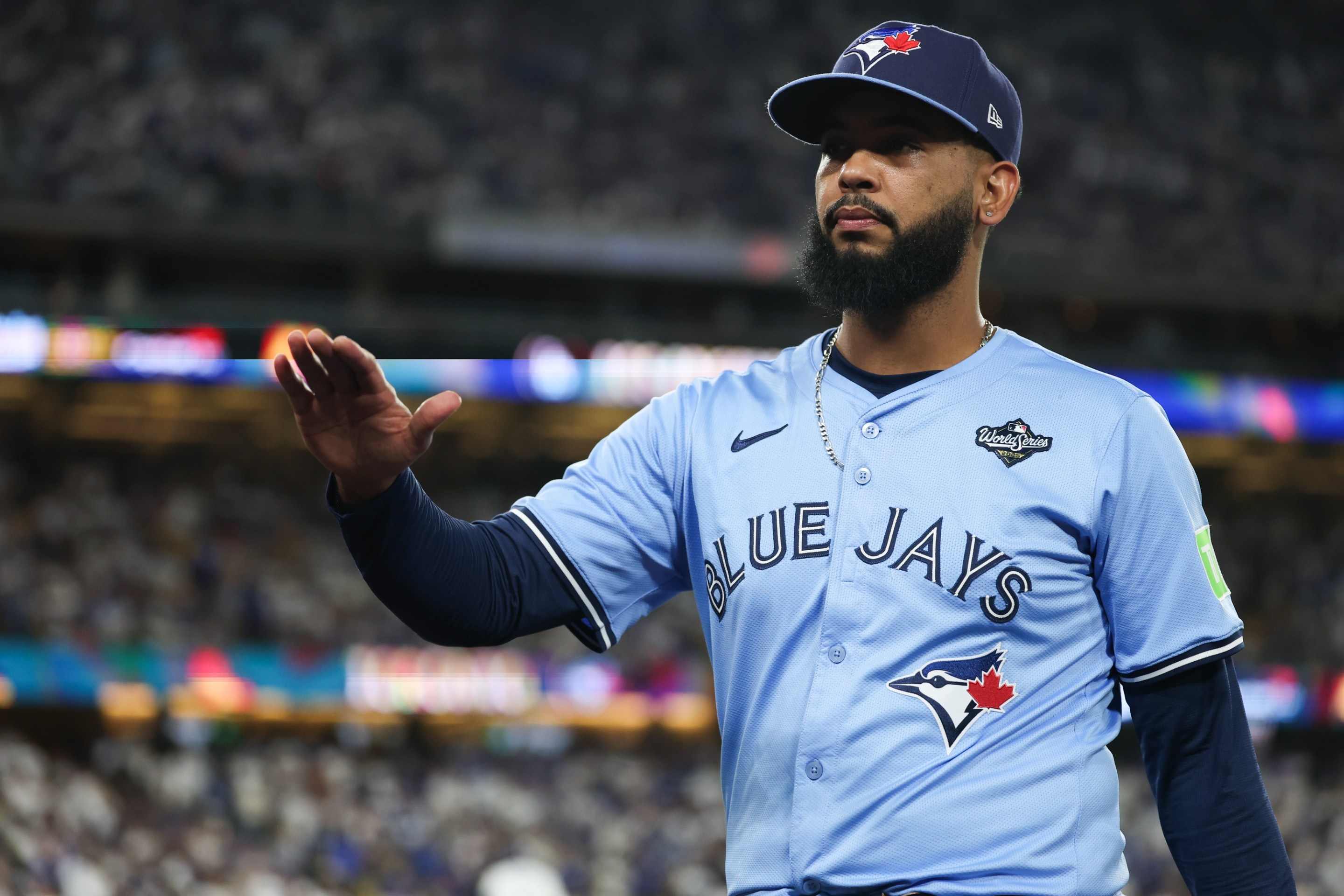While Jerry Reinsdorf hasn't been particularly willing to speak on anything White Sox related that isn't celebratory, the strength of an alumni connection was enough to get him to reveal anything about the present situation.
Reinsdorf, who earned his bachelor's degree from George Washington University, participated in the business school's "How COVID-19 Shook the Cactus League" project.
The interview focuses on spring training coming to a halt, and not any of the subsequent stilted negotiations between Major League Baseball and the players' association. That said, he does go into some detail about what the stoppage looked like from his side, and offers perspective that isn't entirely boilerplate.
This pandemic is certainly unlike anything I can remember in all my time in Major League Baseball. The only thing that would be reasonably close would be the baseball strikes in ‘81 and ‘94. They’re only similar in that we stopped playing. We always knew that sooner or later they’d be settled, and we’d come back and play. This is totally different because we don’t know how this whole pandemic thing is going to end. We don’t know if or when there’s going to be a vaccine or a cure,[ or ]when it’ll be safe to resume baseball. In my lifetime I can't think of anything that hit suddenly like this or is as uncertain as this.
In terms of White Sox-specific anecdotes, there's this:
We’re definitely talking to season ticket holders and trying to do everything we can for them. Every season ticket holder has an account executive. We’re constantly communicating with them, telling them what we know — which is not much. We’re sort of focusing on unwinding a business rather than running a business.
Scintillating stuff? Not really. But they're answers to questions regarding active baseball concerns, and that qualifies as a development worth noting. As baseball unravels with the rest of the country, it might be hard for him to stay out of it.
* * * * * * * * *
Lucas Giolito could have stayed out of a different "it," which would be the police brutality protests and riots currently enveloping numerous big cities around the United States. List all the traits that apply to Giolito both nature and nurture, and you get a guy who is among the least likely to run afoul of law enforcement.
That said, he isn't a stranger to voicing concern and empathy for a people he isn't. Last June, the Chicago Sun-Times' Steve Greenberg talked to Giolito about his worldview, and his increasing willingness to put himself out there. The subject at the time was Giolito's defense of immigrants, but he intended on building credibility to bolster his voice further.
“I’d like to build some credentials first by continuing on this path of success,” said the author of a breakout first half that’s all but certain to land him on the American League roster in Cleveland. “But I want to get there — because I really don’t like it when people make judgments without having anything to back it with, without having any of their own personal life experience or talking with someone who had that life experience.” [...]
“Oh, my God, it’s unbelievable when someone doesn’t want to know about another person’s experiences,” he said. “I think it’s an amazing thing.
“Look at all our Latin players, too. I see all that and say, ‘Man, why would I not want to learn and try to see how all these people got to where we are today?’ ’’
So it wasn't surprising to see Giolito contribute a personal statement about the protests to Twitter amid reports, photos and videos of clashes around the country:
It's important for people like him to speak, because it makes more people engage with the topic, even if it isn't the typical source that addresses it. I mean, look at this post.
At any rate, between the pandemic response and now this, a growing part of me wonders whether the country deserves baseball, or any live sport, to come back well before localities can accommodate fans in normal-ish numbers. Sure, baseball registers as a distraction whether or not people can watch in person, but at least the setting of a ballpark or stadium provides benefits of community and shared purpose.
When it's just on TV, it's mainly just something else to watch. Maybe nobody should get the chance to look away. There are so many reasons why it's so ugly, and voting only scratches the surface of addressing them.
(Portrait of Lucas Giolito by Carl Skanberg)






